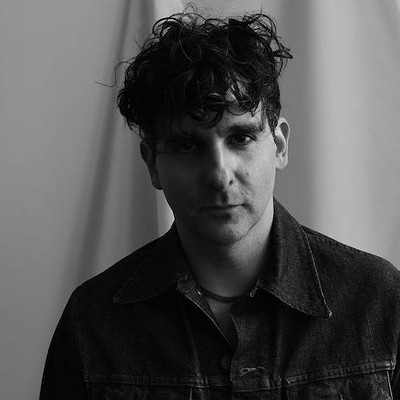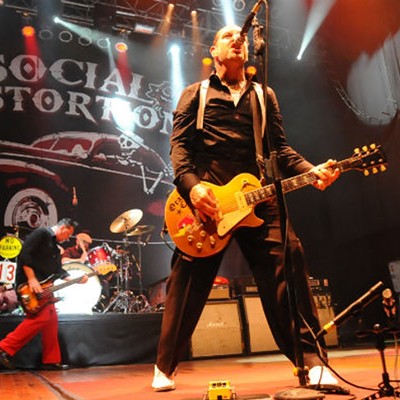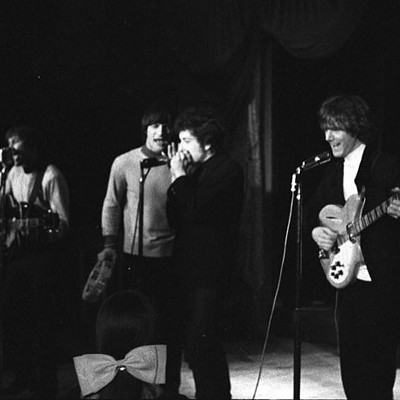RO: What was it that separated Jordan from others, that vaulted him to the top?
PL: He redefined how to be a band. Louis sensed the end of the big band era coming. Economics alone were weighing the big bands down, the payroll, the buses, the uniforms, the overheard. He pared his group down to five plus him, and he learned how to make just as much of a racket as the big bands but with fewer pieces.
He also changed the meaning of stardom in music overnight. Before Jordan, the superstars were the band leaders -- Duke Ellington, Count Basie -- or great soloists. But when Jordan and his small ensemble started to do their thing, suddenly the singer is the star. That traces directly back to Jordan. And this is very much a thing that was happening in Houston.
RO: Robey is often sneered at here as something of a thug with a gun in his pocket, but in your view he was much more.
PL: Look, there's music and there's business. No business, no music. Robey had the vision to see the parts and pieces. You can see him grow into being an important executive in a business where nice guys don't last. In the '30s he did it with his clubs and his mastery of his part of the circuit, his ability to make deals with other kingpins on the circuit like Denver Ferguson which expanded his business as well as theirs.
In the '40s he smartly moved into talent promotion and talent scouting, and by the '50s he was booking acts, recording them, selling their records, and keeping the always-present publicity machine singing the praises of his acts and their recordings. You can say what you want about Robey, but he didn't survive and flourish and command the sort of empire he developed by being a one-dimensional hoodlum.
He had the foresight, the eye to dress Gatemouth Brown in a tuxedo. He helped break B.B. King, Johnny Ace, Memphis guys who didn't explode until Robey brought them to Houston. Robey understood talent, he understood image, and he understood money. The circuit and the performers would likely never have been nearly as successful as they became without that man.
RO: Just a hypothetical, but what do you think of the idea of no electric guitar, no rock and roll?
PL: Hmmm... Well, I guess I'd say that whatever stardom is, it certainly would have been much different had the electric guitar not become the most prominent instrument. But looking back at the earliest rock and rollers, there's Little Richard, Fats Domino, Jerry Lee Lewis, James Brown, and none of those acts were electric guitar-driven. And guitar is not the lead focus in Jordan's ensemble.
On the other hand, T-Bone Walker and Gatemouth Brown, both Houston-based much of their careers, showed how sexy the instrument could be. No one taught Robey how to make someone a star, so, again with his association with T-Bone, Gatemouth, B.B. King, Robey proves his eye for talent and how to promote it.
RO: What else sticks in your mind about Houston in this story?
PL: The huge part Houston played as a laboratory for the beginning of rock and roll. Clubs like Don Robey's would have these after hours jam sessions where people like Sister Rosetta Tharp, Roy Brown, Nat King Cole, Amos Milburn, B.B. King would all meet.
And all these people were playing from Memphis to Houston to New Orleans to Indianapolis, so the exchange of musical ideas among all this gathered musical genius that regularly converged on Robey's club is certainly one of the main test tubes for the development of rock and roll.
Follow Rocks Off on Facebook and on Twitter at @HPRocksOff.





